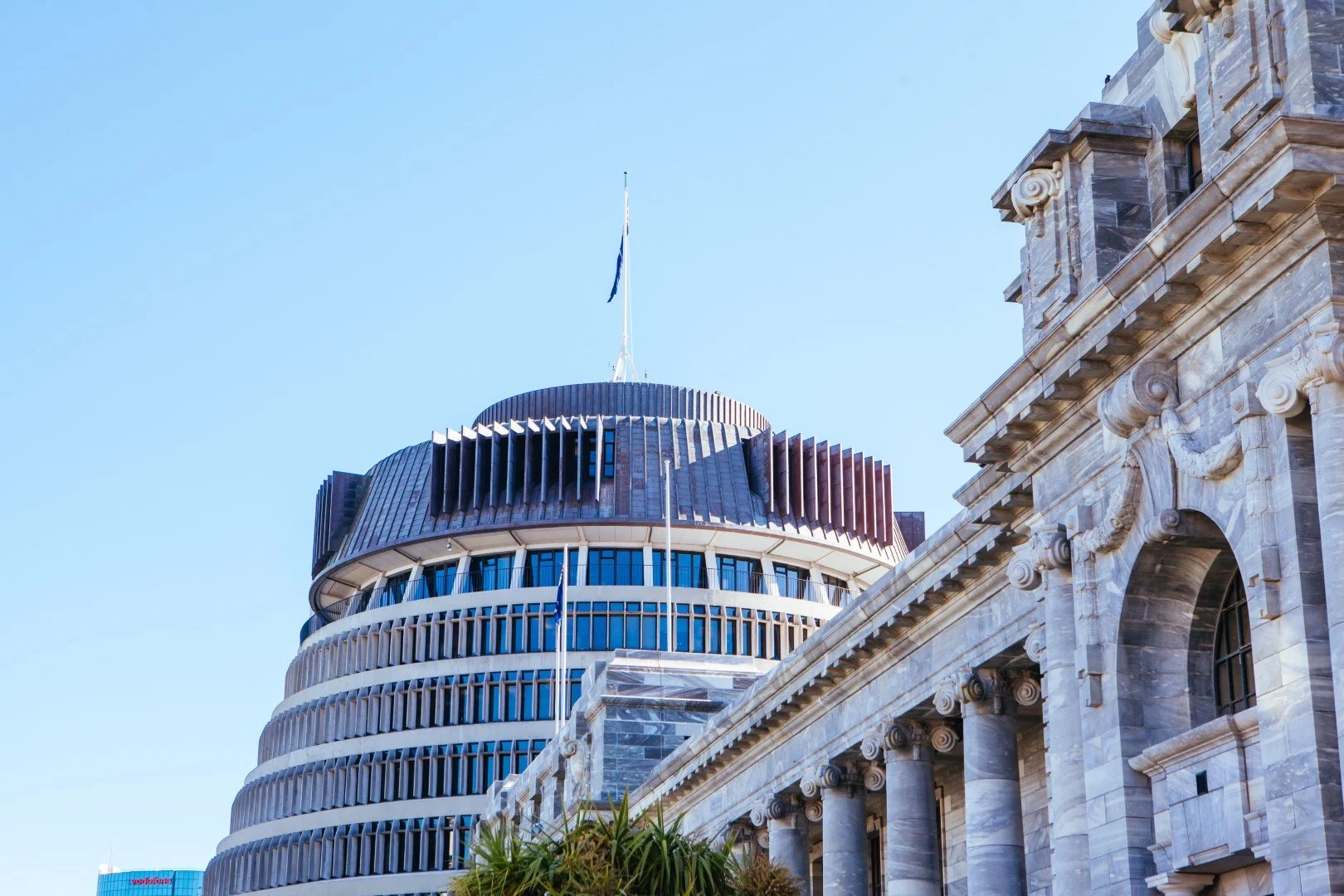The halcyon days of Airbnb are over. The company has strayed far from its affordable, humble roots of offering up someone’s spare room, to now outstripping both the Hilton and the Wyndham combined in worth – and we are all caught up in the consequences of it.
The initial offering of Airbnb was appealing to many because it was cheap, had more ‘homely’ amenities (as you were literally in someone’s home most of the time) and you could pretty well do whatever you liked with the space. Nowadays the cost is higher than basic hotels, there are few amenities (many Airbnbs are bought-for-purpose ‘investment’ properties with little in the way of home comforts), and the base cleaning fees are high despite many listings requiring guests to clean behind them lest they be stung with penalties.
On top of that, the entire model has contributed hugely to the scarcity of housing globally. Why take on tenants when you could make triple the amount renting short stays through Airbnb? For a while, it was a brilliantly successful money-making venture for early adopters before legislation started to catch up in some countries. New York, for example, made short stays below 30 days illegal unless the owner was also there, and saw an 80% drop in listings as a result.[i]
Similar ‘disruptor’ apps for ridesharing and food delivery have been going down the same road; huge uptake, then a slow grind into higher pricing as contractors, workers groups and governments place restrictions on a previously grey area.
Labour’s ‘app tax’ was a popular campaign sticking point for the current Government. National advertised a commitment to scrapping the GST requirements due to be imposed on platforms like Uber and Airbnb next April. This would have been part of their tax package which they said would put more money in the pockets of New Zealanders – a tax package that is looking wobbly at best in the current coalition environment and fiscally constrained times, as the Government looks for other sources of revenue to fund the tax cuts it wants to honour.
As part of this, the app tax is now set to come into force as planned. Airbnb NZ is understandably upset by what has been called a ‘backflip’ by Labour finance spokesperson Grant Robertson. No doubt hosts and drivers who voted based on this benefit will also be disappointed; currently, they only need to pay GST when they make more than $60,000 in annual revenue. 15% tax for smaller earners or side hustlers may make renting out their home, car, or time much less appealing.[ii] It will no doubt be inflationary as vendors seek to lift their prices to account for the new tax burden.
This gets back to being able to recognise and rationalise risk. Legislative risk is real and omnipotent. Some short-stay hosts didn’t see it, but others understood the potential risk. Many around the world have either run for local councils or strata boards in the attempt to head off restrictions. They argued for the freedom to do as they choose with their property, along with the tourism and economic benefits.
Arguing on the tourism and economic benefits was always a double-edged sword. The more popular short stays became, the greater the risk they became to themselves. Consider the dynamic. If long-term accommodation becomes scarce and rents massively increase due to short stays in small tourist destinations or city cores, it undermines the ability of those areas to offer tourists essential services because those workers can’t afford to live there.[iii]
On top of that, Stats NZ has reported a record net migration gain of 110,200 in the year to the end of August. This is a double-edged sword; while New Zealand needs to maintain skills and labour gain, we also have a very tight housing market and newcomers may find themselves stuck for options (not to mention the impact on the usual population moving between rentals).[iv]
The short-term rental issue is another facet of the ‘property as wealth’ idea. Many will have taken out large loans to buy properties for Airbnb/other rental purposes because this was a legitimate ‘cash cow’ method for a while. Now, it is more likely to land people in dire straits with a combination of the cost of living, high-interest rates and new legislation making profits less straightforward and compliance a growing burden.
Those looking to get into short-term rentals for quick cash should consider the risk involved, which is both the same as any ‘investment’ property risk – interest rates rising, escalating post-cyclone insurance premiums, above average rate rises, housing bubbles bursting, legislative changes and restrictions on landlords – and unique to the grey area of the digital gig economy.
For a more sustainable financial plan, or a historically- and scientifically-proven investment methodology which accounts for change rather than hoping it does not happen, you are better off having a chat with a trusted, local fiduciary.
After all, it is a lot less time-intensive to engage a financial adviser and contribute to a robust, diversified portfolio than it is to essentially set yourself up as a DIY hotelier.
by Nick Stewart (CEO and Financial Adviser at Stewart Group)
· Nick Stewart (Ngāi Tahu, Ngāti Huirapa, Ngāti Māmoe, Ngāti Waitaha) is a Financial Adviser and CEO at Stewart Group, a Hawke's Bay-based CEFEX & BCorp certified financial planning and advisory firm. Stewart Group provides personal fiduciary services, Wealth Management, Risk Insurance & KiwiSaver scheme solutions. Article no. 335.
· The information provided, or any opinions expressed in this article, are of a general nature only and should not be construed or relied on as a recommendation to invest in a financial product or class of financial products. You should seek financial advice specific to your circumstances from a Financial Adviser before making any financial decisions. A disclosure statement can be obtained free of charge by calling 0800 878 961 or visit our website, www.stewartgroup.co.nz
[i] https://www.mfg.com.au/blog/the-omnipotent-airbnb-risk/
[ii] https://www.1news.co.nz/2023/12/04/govt-says-itll-now-keep-the-app-tax-it-promised-to-scrap/
[iii] https://www.mfg.com.au/blog/the-omnipotent-airbnb-risk/
[iv] https://www.stats.govt.nz/information-releases/international-migration-august-2023/#:~:text=and%20trend%20series-,Annual%20migration,of%2010%2C800%20(%C2%B1%20100).


